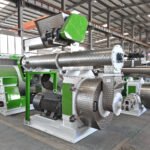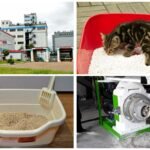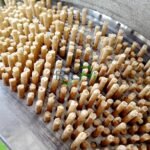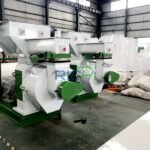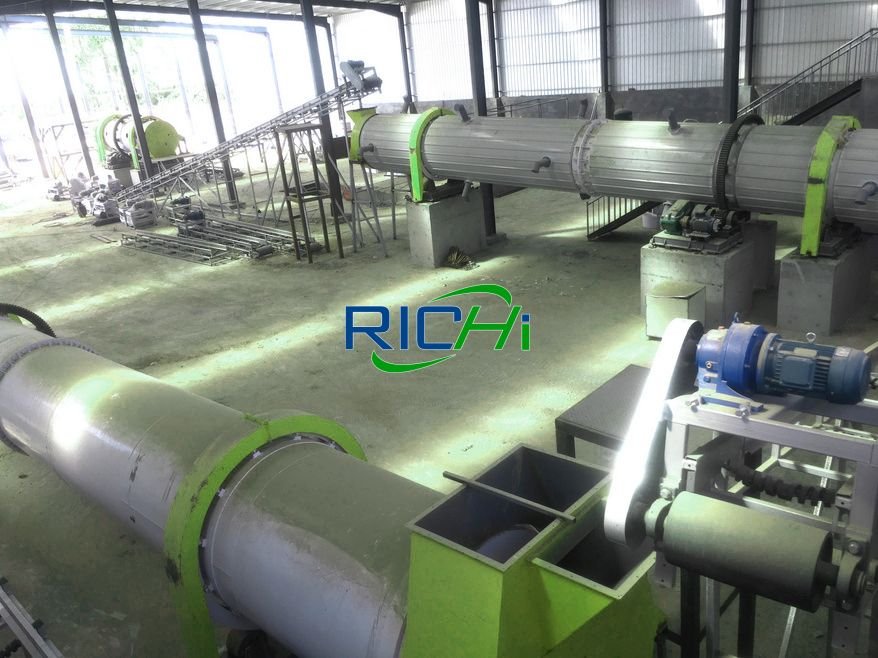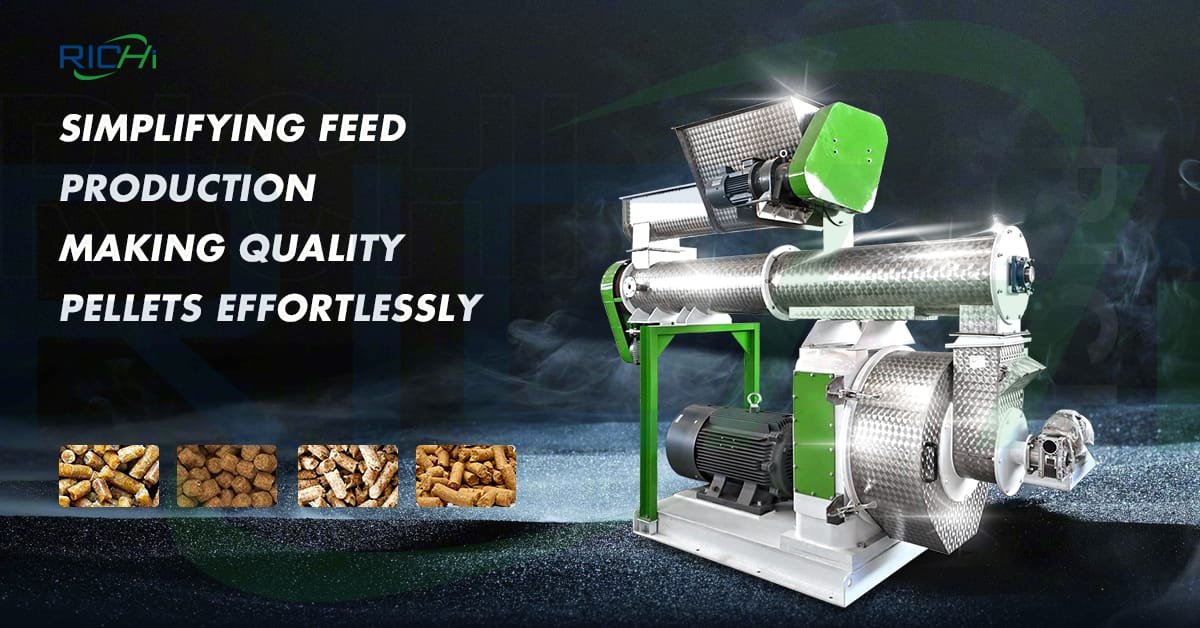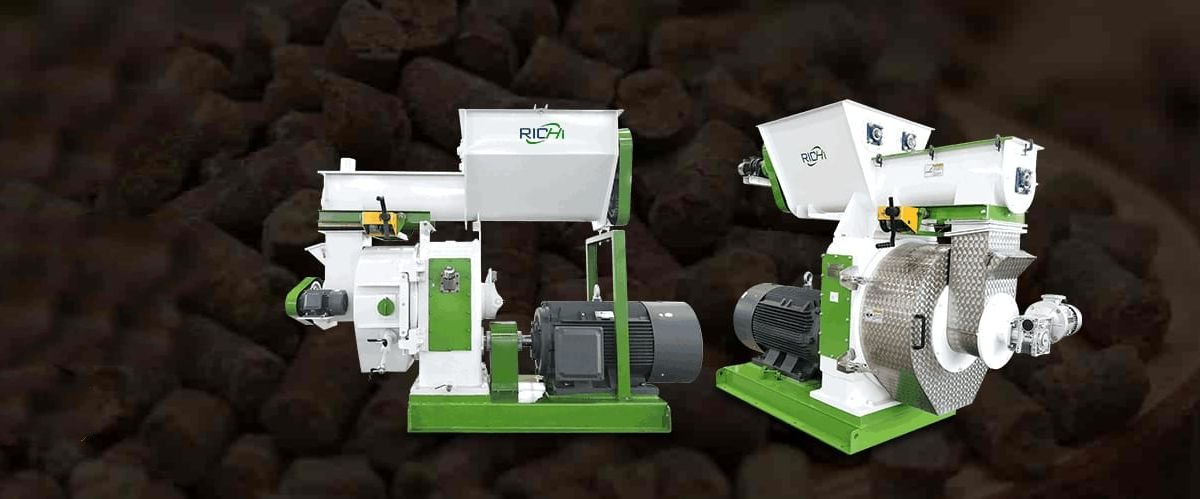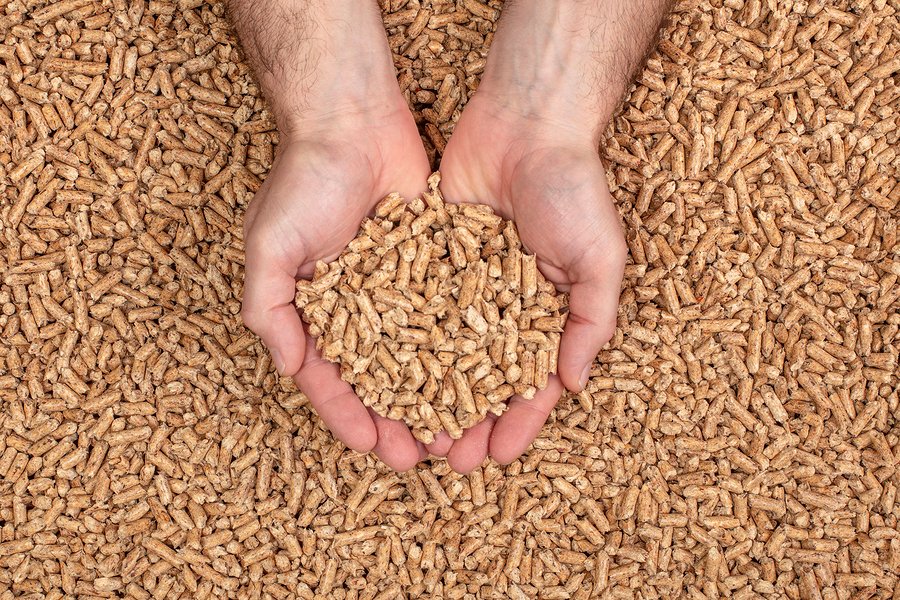As the world grapples with the challenges of climate change, soil degradation, and the need to feed a growing population, the demand for sustainable agricultural practices has never been greater. Organic fertilizers, derived from natural sources such as animal manures, plant residues, and composted materials, offer a viable solution to enhance soil health and boost crop yields while minimizing environmental impact. However, establishing an organic fertilizer production plant requires a significant investment, and understanding the associated costs is crucial for ensuring the project’s financial viability and long-term success.
The Importance of Organic Fertilizers
Organic fertilizers play a vital role in promoting sustainable agriculture by providing essential nutrients to plants, improving soil structure, and enhancing microbial activity. Unlike chemical fertilizers, organic fertilizers are environmentally friendly and contribute to the long-term health of the soil. The benefits of organic fertilizers include:
- Improved Soil Health: Organic fertilizers enhance soil structure, water-holding capacity, and microbial activity, promoting long-term soil fertility and reducing the risk of erosion.
- Reduced Environmental Impact: Organic fertilizers do not contribute to water pollution, soil acidification, or greenhouse gas emissions, making them a more environmentally friendly choice.
- Increased Crop Resilience: Plants grown with organic fertilizers often exhibit increased resistance to pests, diseases, and environmental stresses, leading to improved crop yields and quality.
- Nutrient Cycling: Organic fertilizers contribute to the natural cycling of nutrients within the ecosystem, reducing the need for external inputs and promoting a more sustainable agricultural model.
Key Cost Components of an Organic Fertilizer Production Plant
The organic fertilizer production plant cost can vary significantly depending on several factors, including the scale of the project, location, and technology used. The key cost components can be broadly categorized as follows:
- Land and Site Development: The cost of acquiring land and preparing the site for construction is a significant component of the overall project cost. This includes expenses related to land acquisition, site clearing, grading, and infrastructure development such as access roads, utilities, and drainage systems.
- Plant Design and Engineering: The design and engineering phase involves creating detailed plans and specifications for the organic fertilizer plant. This includes architectural and engineering services, feasibility studies, environmental impact assessments, and obtaining necessary permits and approvals.
- Construction and Civil Works: The construction phase encompasses the building of the plant’s physical infrastructure, including production facilities, storage areas, administrative offices, and utility installations. This component also covers the cost of materials, labor, and construction equipment.
- Machinery and Equipment: The cost of purchasing and installing machinery and equipment is a major component of the project cost. This includes equipment for raw material handling, composting, fermentation, granulation, drying, cooling, and packaging. The choice of technology and equipment can significantly impact the overall cost and efficiency of the plant.
- Raw Materials and Inputs: The cost of raw materials and inputs required for organic fertilizer production, such as organic matter, microorganisms, and additives, must be factored into the project cost. Ensuring a consistent and reliable supply of high-quality raw materials is crucial for the plant’s operation.
- Labor and Staffing: The cost of hiring and training personnel to operate and manage the organic fertilizer plant is an important consideration. This includes salaries, benefits, and training programs for skilled and unskilled workers, as well as administrative and management staff.
- Utilities and Energy: The cost of utilities and energy required to operate the plant, including electricity, water, and gas, must be accounted for. Implementing energy-efficient technologies and practices can help reduce operational costs.
- Marketing and Distribution: The cost of marketing and distributing the organic fertilizer products to end-users is an essential component of the project cost. This includes expenses related to branding, packaging, transportation, and establishing distribution networks.
- Contingency and Miscellaneous Costs: It is prudent to allocate a contingency budget to cover unforeseen expenses and cost overruns. Miscellaneous costs may include legal fees, insurance, and other administrative expenses.
Related post: https://www.richipelletmachine.com/organic-fertilizer-production-project/
Factors Influencing Organic Fertilizer Production Plant Cost
Several factors can influence the overall cost of an organic fertilizer production plant project, including:
- Scale of Production: The scale of production, whether small, medium, or large, significantly impacts the project cost. Larger plants benefit from economies of scale but require higher initial investments.
- Location: The location of the plant affects land acquisition costs, availability of raw materials, labor costs, and access to markets. Proximity to raw material sources and target markets can reduce transportation costs and improve operational efficiency.
- Technology and Equipment: The choice of technology and equipment used in the production process can influence the cost and efficiency of the plant. Advanced and automated systems may have higher upfront costs but offer long-term benefits in terms of productivity and operational efficiency.
- Regulatory Compliance: Compliance with local and national regulations, including environmental, health, and safety standards, can impact the project cost. Obtaining necessary permits and adhering to regulatory requirements may involve additional expenses.
- Financing and Investment: The availability of financing options, such as loans, grants, and subsidies, can affect the overall project cost. Interest rates, repayment terms, and equity contributions must be considered when planning the financial aspects of the project.
Cost Optimization Strategies
To ensure the financial viability and long-term success of an organic fertilizer production plant project, it is essential to implement cost optimization strategies. These may include:
- Thorough Planning and Feasibility Studies: Conducting comprehensive planning and feasibility studies can help identify potential challenges and opportunities, enabling informed decision-making and cost-effective project execution.
- Efficient Resource Management: Implementing efficient resource management practices, such as optimizing raw material usage, reducing waste, and conserving energy, can help minimize operational costs.
- Leveraging Technology: Investing in advanced and automated technologies can improve production efficiency, reduce labor costs, and enhance product quality, leading to long-term cost savings.
- Strategic Partnerships: Forming strategic partnerships with suppliers, distributors, and other stakeholders can create synergies and leverage shared resources, reducing costs and risks.
- Accessing Financial Incentives: Exploring available financial incentives, such as government grants, subsidies, and tax credits, can help offset initial investment costs and improve project economics.
- Continuous Improvement: Implementing continuous improvement practices, such as regular maintenance, process optimization, and employee training, can enhance operational efficiency and reduce downtime, contributing to cost savings.
Conclusion
Establishing an organic fertilizer production plant is a significant investment that requires careful planning, thorough analysis, and strategic decision-making. By understanding the various cost components and factors influencing the overall expenditure, investors and entrepreneurs can navigate the financial landscape and ensure the success of their organic fertilizer production plant project.
As the global demand for sustainable agricultural practices continues to grow, organic fertilizers will play a crucial role in promoting soil health, enhancing crop productivity, and contributing to a more sustainable and resilient food system. With ongoing research, innovation, and strategic investments, the organic fertilizer industry is poised to drive the future of sustainable agriculture and environmental stewardship.
For details please contact: Richi Machinery
WhatsApp:86 138 3838 9622
Email:enquiry@richipelletmachine.com



